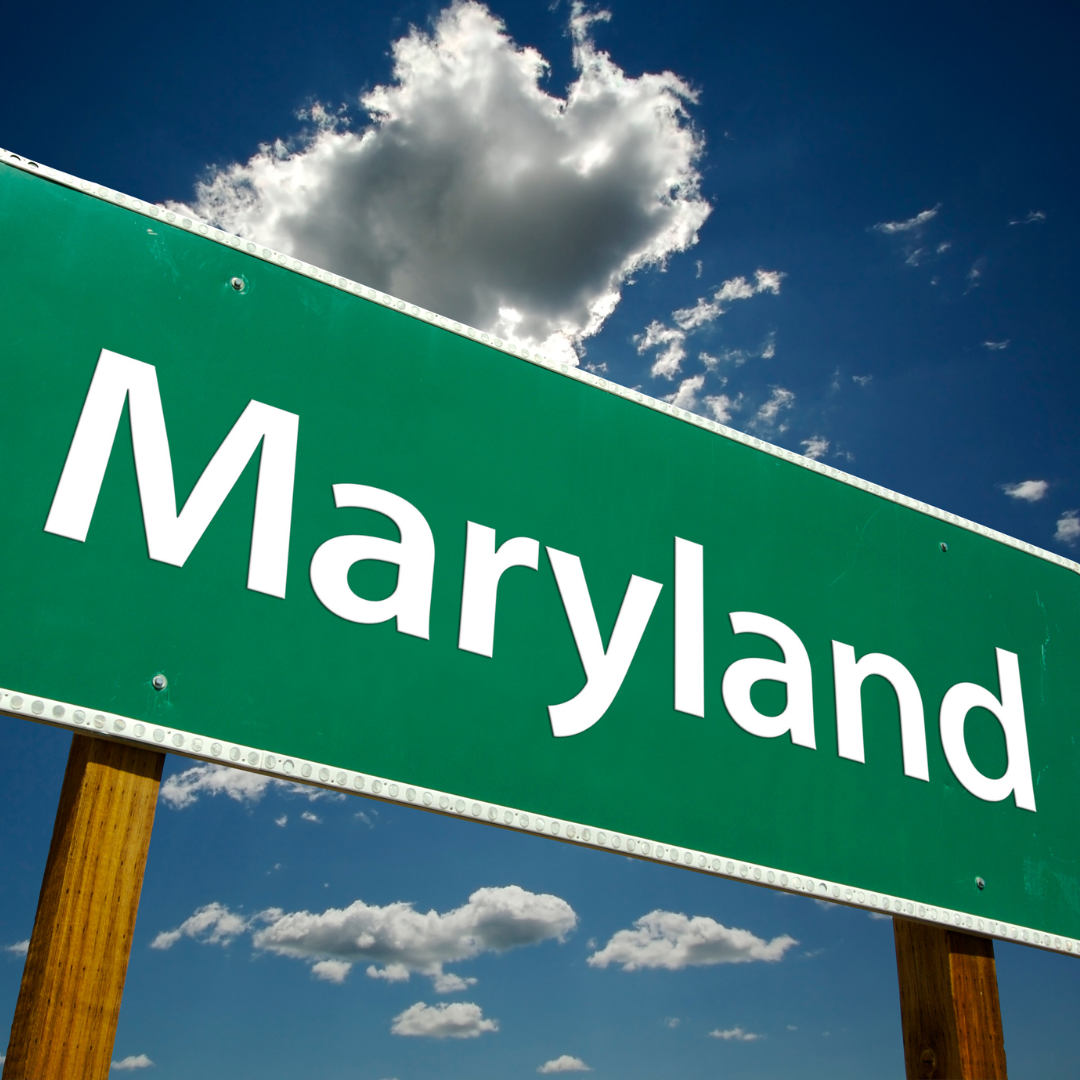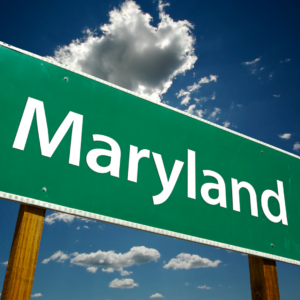Maryland plans to issue adult-use cannabis business licenses in two licensing rounds, according to the Baltimore Banner—the first round launches on January 1, 2024, and is reserved for social equity applicants. The market will launch with a voter-approved legalization measure on July 1, 2023.
Governor Wes Moore states, “It’s the first step in ensuring an equitable transition to recreational marijuana use in Maryland and repairing the harm that a lifetime of criminalization has had on low-income communities and communities of color.”
“The criminalization of marijuana harmed low-income communities and communities of color profoundly,” Moore told the Associated Press. “We want to make sure that the legalization of marijuana lifts those communities now profoundly.”
Maryland’s Legal Cannabis Program:
To prepare for adult-use cannabis in Maryland, lawmakers passed two complementary pieces of legislation last year. One put a constitutional amendment to legalize cannabis on the state’s November 2022 ballot. The other allowed adults 21 and older to buy and possess a certain amount of cannabis for personal use should voters approve the ballot measure.
The adult-use market will soon be regulated by laws presented earlier this year by lawmakers after Maryland voters adopted the constitutional amendment last November. The Maryland Cannabis Administration, a new state body to control both the adult-use and medical marijuana industries, would be established by the proposed legislation.
The legislation also specifies the quantity and categories of business licenses for cannabis for adult use, which is subject to a 9% sales tax.
The impact of the tax revenue on the program
According to The Baltimore Banner, the state would first be able to transfer the additional funds when the tax collected from the adult-use market covered the expense of managing the cannabis program. The legislation mandates that 35% of that extra money go to a Community Reinvestment and Repair Fund, which would reinvest in areas disproportionately affected by the drug war.
According to The Baltimore Banner, the legislation prevents local governments from enacting their taxes on adult-use marijuana; nevertheless, municipalities will receive a piece of the tax income generated in their counties, which are mandated to distribute a portion of the funds.
The roughly 100 medicinal marijuana dispensaries in Maryland can change their licenses to cater to a larger market. These retailers must maintain an adequate supply of products and either dedicated shopping hours or express checkout lanes for medical patients.
Restrictions for where new cannabis retailers can operate:
According to The Baltimore Banner, the state would first be able to transfer the additional funds when the tax collected from the adult-use market covered the expense of managing the cannabis program. The legislation mandates that 35% of that extra money go to a Community Reinvestment and Repair Fund, which would reinvest in areas disproportionately affected by the drug war.
According to The Baltimore Banner, the legislation prevents local governments from enacting their taxes on adult-use marijuana; nevertheless, municipalities will receive a piece of the tax income generated in their counties, which are mandated to distribute a portion of the funds.
The roughly 100 medicinal marijuana dispensaries in Maryland can change their licenses to cater to a larger market. These retailers must maintain an adequate supply of products and either dedicated shopping hours or express checkout lanes for medical patients.
According to the news source, the measure also specifies location requirements for new cannabis dealers, requiring that dispensaries be at least 500 feet away from elementary or secondary schools, playgrounds, libraries, or public parks. New sellers must also be at least 1,000 feet apart from neighboring dispensaries.
According to The Baltimore Banner, the state intends to provide adult-use cannabis business licenses in two licensing rounds. The first round opens on January 1, 2024, only for applicants supporting social fairness.
How do I qualify as a Maryland social equity program applicant?
According to court records, a person must have lived or gone to school in a community with a disproportionate number of cannabis-related offenses for five out of the last ten years to be eligible for social equity. Additionally, according to the news source, Pell Grant recipients who attended a college where at least 40% of the students qualified for the federal financial aid program also qualify as social equity candidates.
The measure would create a social equity office that would function independently of the Maryland Cannabis Administration and offer free technical assistance and small business advice to encourage people from communities disproportionately affected by prohibition to participate in the sector.
According to the news source, the state has set aside $80 million to encourage social equity in cannabis enterprises. It has also implemented loan default protections for banks that participate in social equity entrepreneurs.
What are the additional license types available through the Maryland cannabis program?
The Baltimore Banner stated that additional license options include “standard” licenses that would permit more significant enterprises to grow, process, and sell marijuana and “micro” permits designed to lower the startup costs for smaller businesses. (A license for a micro dispensary would allow the holder to operate as a delivery service and sell cannabis without having a physical storefront.)
According to The Baltimore Banner, the state intends to provide a small number of licenses; regular licenses would go to 75 cultivators, 100 processors, and 300 dispensaries, while micro permits would go to 100 micro growers and processors. As part of a pilot program, regulators want to grant licenses to 10 mini dispensaries initially, according to the news source.
The proposal would also authorize smoke-free on-site consumption businesses.
How we can help?
At Cannabis License Experts, we provide you with the guidance to plan your cannabis business, acquire funding, navigate the legal requirements, and acquire the appropriate cannabis license for your operations. As the United States and Maryland specifically develop, more and more licensed microbusinesses will be needed to meet the demands of consumers.
Cannabis License Experts offers support from day one of starting your cannabis business, including strategic planning, floor plan preparation, site audits, SOPs, Preventive Control Plans (PCPs), and more.
Our Edibles Compliance division can provide you with a solid plan for your edibles business to help get your products on store shelves.
Contact us today to discover how we can license and legalize your cannabis business to meet federal or provincial regulations.



